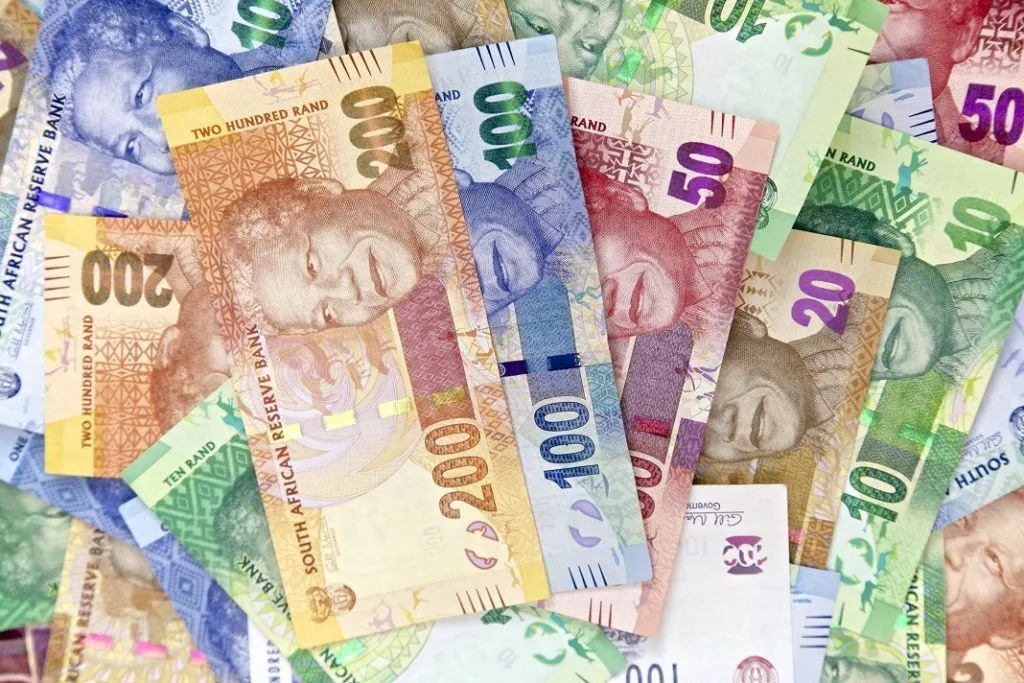Business
Why Global Investors Are Flooding Back Into South Africa’s Bond Market

The Big Return of Global Confidence
Foreign investors are quietly reshaping South Africa’s financial story in 2025. After years of retreat, they’re back, and in record numbers.
According to the South African Reserve Bank, foreign investors have purchased R58.8 billion worth of local bonds in the first eight months of the year, far surpassing the R23.6 billion recorded over the same period in 2024. That’s a level of confidence the country hasn’t seen in years, and it’s changing the outlook for both the rand and the broader economy.
Why Bonds Are Back in Favour
Analysts say the turnaround comes down to three things: better fiscal management, a stable currency, and strong yields that still look irresistible in a world of low interest rates.
The South African Reserve Bank’s subtle shift towards targeting inflation closer to the lower end of its 3% to 6% range has helped anchor investor sentiment. Inflation is cooling, and expectations of future rate cuts have made government bonds even more appealing.
Meanwhile, the National Treasury has quietly been repairing its balance sheet. Tax revenue is up 10% year-on-year, while spending growth has slowed to 4%, suggesting that its fiscal consolidation strategy, long dismissed as political wishful thinking, is finally taking hold.
Even Eskom has contributed to the optimism. The state utility recently posted its first profit in eight years, easing fears that endless bailouts would continue draining public funds.
All of this paints a picture of a government finally stabilising its finances. And investors are noticing.
Billions Pouring In
Foreign investors have steadily increased their holdings since early 2025. After snapping up R16.3 billion in bonds in the first quarter and R22.8 billion in the second, they added another R19.7 billion in July and August alone.
Together, that means global buyers now hold over 25% of South Africa’s domestic government bonds, up from 24.2% late last year.
It’s a vote of confidence that stands in stark contrast to their behaviour in the equity market, where foreign investors have been offloading South African shares, selling R165 billion in 2025 alone.
The message is clear: while they’re cautious about the country’s growth prospects, they see value in its debt.
Relief for Banks and the Broader Market
The renewed appetite for bonds brings more than just investor headlines. It’s a lifeline for local banks, insurers, and asset managers that have been forced to shoulder the government’s debt burden during years of foreign withdrawal.
As foreign investors return, it helps ease pressure on local institutions, diversify holdings, and reduce financial system risks that were beginning to worry the Reserve Bank.
Bond turnover has jumped too, reaching R33.3 trillion in the first eight months of 2025, nearly 16% higher than the same period last year. That increase reflects both rising investor interest and improving confidence in local debt pricing.
Still Some Caution Ahead
While the bond rally tells a positive story, not everything is rosy. Foreign investors may be buying debt, but they’re still steering clear of local shares, citing weak economic growth and political uncertainty within the government.
For now, South Africa’s challenge will be to turn bond market confidence into broader economic trust. The country has proven it can manage its finances better; the next test is whether it can translate that fiscal stability into real, sustained growth.
Also read: South Africa’s Biggest Bitcoin Scam: Why MTI’s Masterminds Still Walk Free
Follow Joburg ETC on Facebook, Twitter, TikT
For more News in Johannesburg, visit joburgetc.com
Source: Daily Investor
Featured Image: Corporate Finance Institute


























